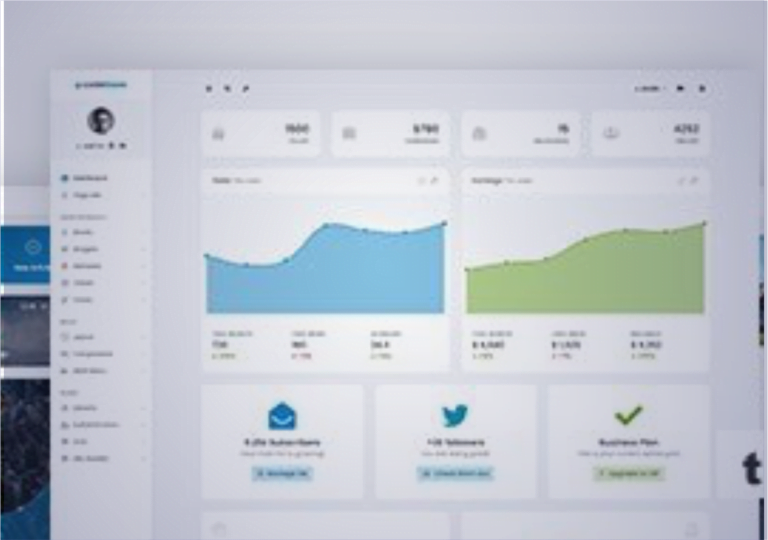Business Loan In The United State
To fulfill their goals and maintain development, entrepreneurs and company owners must get finance in the current unstable economic environment. Getting a business loan can give you the funding you need to support your goals, whether you’re starting a new company or growing an existing one.
Numerous financial organizations, such as conventional banks, credit unions, internet lenders, and alternative finance platforms, provide business loans. In order to be eligible for a business loan in the US, a borrower must normally show that they are creditworthy, have the ability to repay debt, and have a strong business strategy.
What is A Business Loan In The United State ?
A Business Loan is a type of financial instrument that is used in the US to lend financing to businesses for a range of uses, including managing cash flow, recruiting staff, expanding operations, buying equipment, or launching a new endeavor.
When evaluating loan applications, lenders consider a variety of criteria, including the borrower’s credit score, industry risk, collateral, business income, and cash flow estimates. Furthermore, the terms and conditions of business loans change based on the type of loan, the lender, the amount borrowed, and the state of the market.
But understanding the procedure might be intimidating given the variety of lenders and the constantly changing laws. We’ll get into the nuances of applying for a business loan in the US in 2024 in this article, including tips and tricks to make the process go smoothly.

Understanding Your Financing Needs
Accurately assessing your finance needs is essential before starting the loan application process. Decide if you want to use the loan for equipment purchases, business expansion, starting a new project, or operating expenditure reimbursement.
Make a detailed assessment of your financial status, taking into account projected cash flows, outstanding debts, and possible collateral. You can select the ideal loan product and approach lenders with confidence if you have a thorough grasp of your finance needs.
Researching Loan Options and Lenders
With today’s varied financing environment, business owners may choose from a number of loans that are customized to meet their unique requirements. Investigating several options is crucial. These options range from conventional banks and credit unions to internet lenders and alternative financing platforms. To choose the appropriate loan product for your company, do your homework on term loans, credit lines, SBA loans, and other financing options.
Additionally, evaluate each lender’s and loan product’s qualifying requirements, interest rates, periods of repayment, and related costs. When assessing lenders, take into account elements like customer service reputation, funding quickness, and flexibility. To obtain advice and insights, make use of peer reviews, industry networks, and internet resources.
Preparing Your Loan Application
After determining which lenders and lending alternatives are best for you, it’s essential to carefully prepare your loan application. assemble the required paperwork, such as tax returns, company plans, legal documents, and financial statements. When discussing your company’s financial standing, room for expansion, and capacity for payback, be truthful and comprehensive.
As you prepare to apply for a loan from the Small Business Administration (SBA), educate yourself with the particular documentation and criteria. Detailed company plans, individual financial accounts, and collateral documents are usually required for SBA loans. Following these recommendations shows lenders that you are serious and prepared, which will improve your chances of getting approved.

Enhancing Your Creditworthiness
Your ability to obtain advantageous loan terms and interest rates is mostly dependent on your creditworthiness. Take proactive measures to enhance your credit profile before submitting an application for a business loan. Keep a close eye on your credit score and take quick action to resolve any disparities or problems. To increase your creditworthiness, pay off existing debts, keep your credit usage rates low, and make your payments on schedule.
Additionally, cultivate a solid corporate credit history by keeping distinct accounts, securing trade credit, and meeting deadlines for payments. Lenders are more confident in you as a borrower when you exhibit stable and careful financial management.
Submitting Your Loan Application and Negotiating Terms
It’s time to send your loan application to potential lenders once you’ve carefully prepared it and maximized your creditworthiness. Be timely in responding to requests for further information or supporting paperwork and in checking in on the status of your application.
Examine the terms and circumstances, such as interest rates, repayment plans, and collateral requirements, carefully after getting loan offers. Never be afraid to haggle with lenders to get better conditions, including longer repayment durations, cheaper interest rates, or less fees.
In addition to evaluating risk and profitability, lenders have an incentive to maintain important clientele and promote win-win collaborations. Talk to each other honestly and use offers that are competitive to push for conditions that fit your budget and business goals.
Managing Funds Responsibly and Monitoring Performance
After obtaining funding for your company, you must carefully oversee finances and keep a close eye on performance. Whether you’re adding staff, putting money into technical infrastructure, or starting marketing initiatives, allocate funds intelligently to achieve your goals.
To evaluate the success of your investing choices, keep up-to-date financial records and monitor important performance indicators. Furthermore, make sure you strictly follow loan repayment plans in order to maintain your creditworthiness and cultivate goodwill with lenders.
In the event that unanticipated difficulties occur, get in touch with lenders ahead of time to discuss possible workarounds or make help requests. You may improve your company’s long-term viability and future funding prospects by showcasing responsible spending and proactive management.
Conclusion
In 2024, applying for a company loan in the US will need careful planning, proactive involvement, and smart preparation. You can successfully navigate the lending process and secure the capital required to support the expansion and success of your business by thoroughly understanding your financing needs, investigating loan options and lenders, putting together a thorough loan application, improving your creditworthiness, and negotiating advantageous terms.
Recall that obtaining funding is just the first step in the process; maintaining momentum and realizing your business goals need careful fund management and performance tracking. In order for entrepreneurs and business owners to achieve their objectives, invest in expansion prospects, and deal with the difficulties of doing business in a cutthroat industry, business loans are essential.

























































